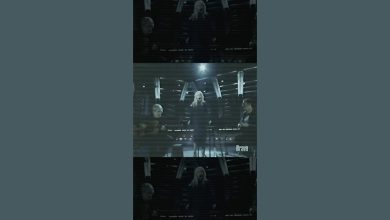Television
Top Of The Pops
First broadcast: Thu 28th Feb 1980, 19:20 on BBC One London
Repeat broadcast: Sat 21st Mar 2015, 23:50 on BBC Four HD
David ‘Kid’ Jensen presents pop hits of the week, with performances from Elvis Costello, Marti Webb, the Vapors, Liquid Gold, the Gibson Brothers, Stiff Little Fingers, Dave Edmunds, the Police, the Shadows and Blondie, and a dance sequence by Legs & Co.




